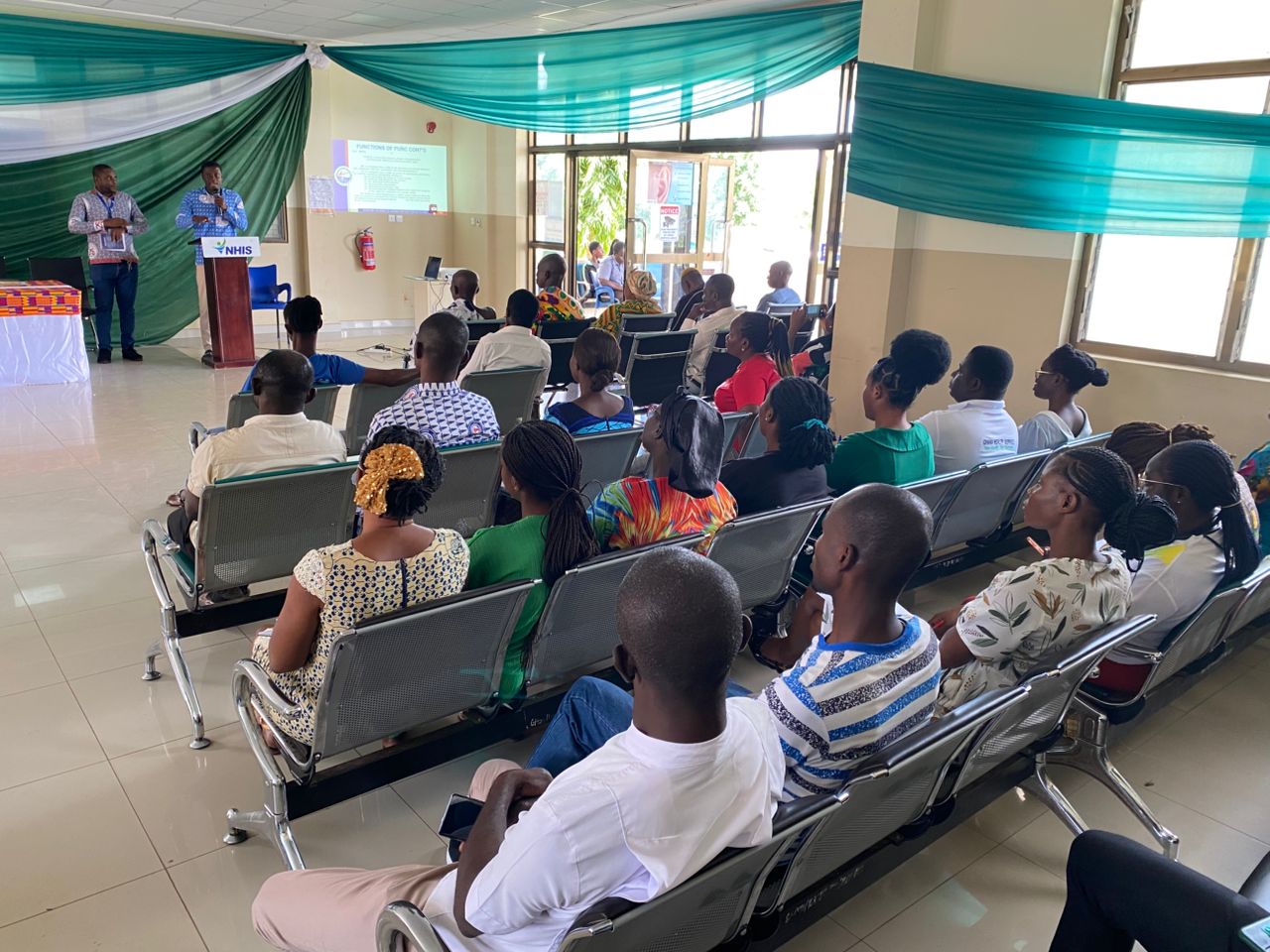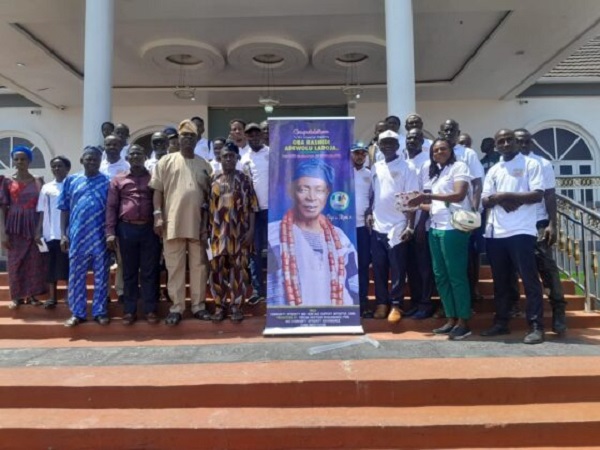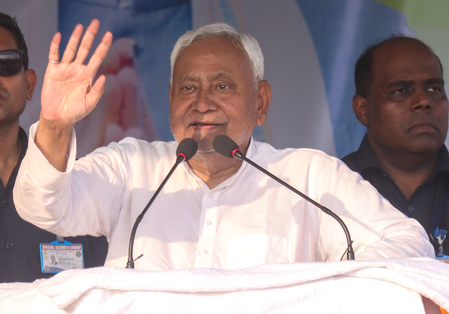Copyright euroweeklynews

This Friday marks the beginning of a pioneering educational programme in Torrevieja, designed to address growing multilingual needs in the region. The Universidad de Alicante (UA) Sede in Torrevieja is launching its first micro-credential course in translation and interpretation of Russian and Ukrainian, titled “Fundamentos para la práctica de la interpretación en servicios públicos”. The course is being conducted in partnership with the local Ayuntamiento de Torrevieja and led by several faculty from the UA and other Spanish universities. Course Details & Format The programme runs from November 7, 2025, to February 27, 2026, offering a total of 100 hours of instruction, equivalent to 10 ECTS credits. Classes are held at the UA Sede in Torrevieja on the afternoon of Fridays (4pm-8pm) and Saturday mornings (9:30am-1:30pm). It is aimed primarily at individuals with advanced skills in Russian and/or Ukrainian who wish to begin or improve their capacity to interpret and translate, particularly in public service and institutional settings. Responding to a Multilingual Reality Torrevieja and the surrounding Vega Baja region have a particularly diverse population, with nearly half of residents born abroad and large Russian and Ukrainian-speaking communities. As many as 10,000 Ukrainians and 6,000 Russians live locally, making reliable interpretation increasingly important. Course organisers emphasise that the micro-credential will help improve access to public services for non-Spanish speakers, reducing language barriers and enhancing social inclusion. Why It Matters Although the course has now begun, the launch highlights a significant investment in education and community integration. The course reflects the city’s commitment to responding proactively to demographic changes and preparing a workforce that can meet evolving communication needs. It also sets a precedent in higher-education innovation and regional multilingual support. For Torrevieja, the micro-credential offers both a practical training opportunity and a strategic move toward inclusive public service delivery – a step forward for students, residents and public institutions alike.



